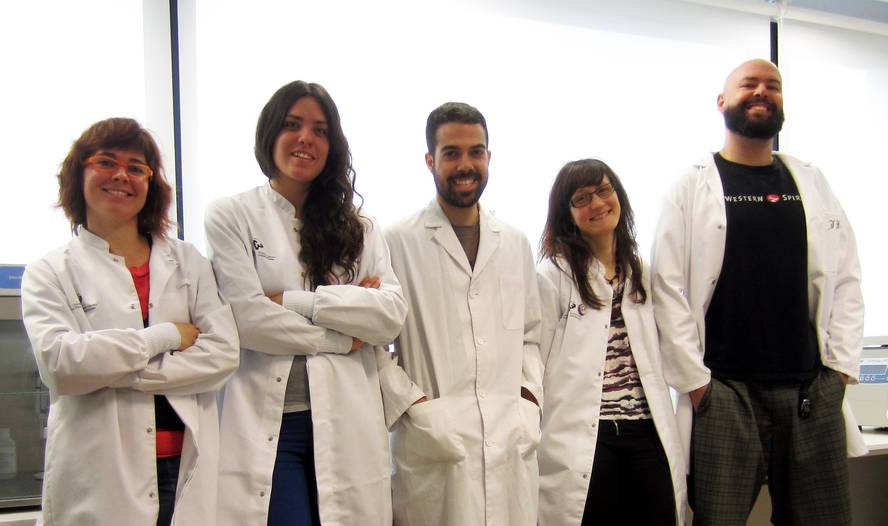Epilepsy reduces the generation of new neurons

Researchers from the Basque neuroscience research centre Achucarro have shown that epilepsy makes it difficult to create new neurons. In the mouse they have seen that neuronal hyperactivity caused by epilepsy causes neural stem cells of the hippocampus to stop forming new neurons. The work has been published in the journal Cell Stem Cell.
In the brain of most mammals the neural stem cells of the hippocampus continue to generate new neurons, even in adulthood. These new neurons become part of the brain's neuronal network, and this ability to renew and modify the neuronal network is important for memory creation and learning.
But in addition to neurons, neural stem cells can produce other types of cells. In fact, the head of the research, Juan Manuel Encinas, stressed that “this discovery allows us to know better the functioning of neural stem cells. In addition to creating new neurons and astrocytes, we have shown that, after an epileptic seizure, neural stem cells in the hippocampus can produce reactive astrocytes.”
This causes the depletion of the neural stem cell population, thus losing the ability to generate new neurons. In addition, these reactive astrozites cause inflammation and alter communication between neurons.
According to researchers, this discovery may be important to look for new therapies against epilepsy. “If we manage to maintain the neural stem cell population and protect its ability to create new neurons, it may be possible to prevent the development of certain symptoms associated with epilepsy and alleviate the typical damage of the hippocampus,” said Encinam.





